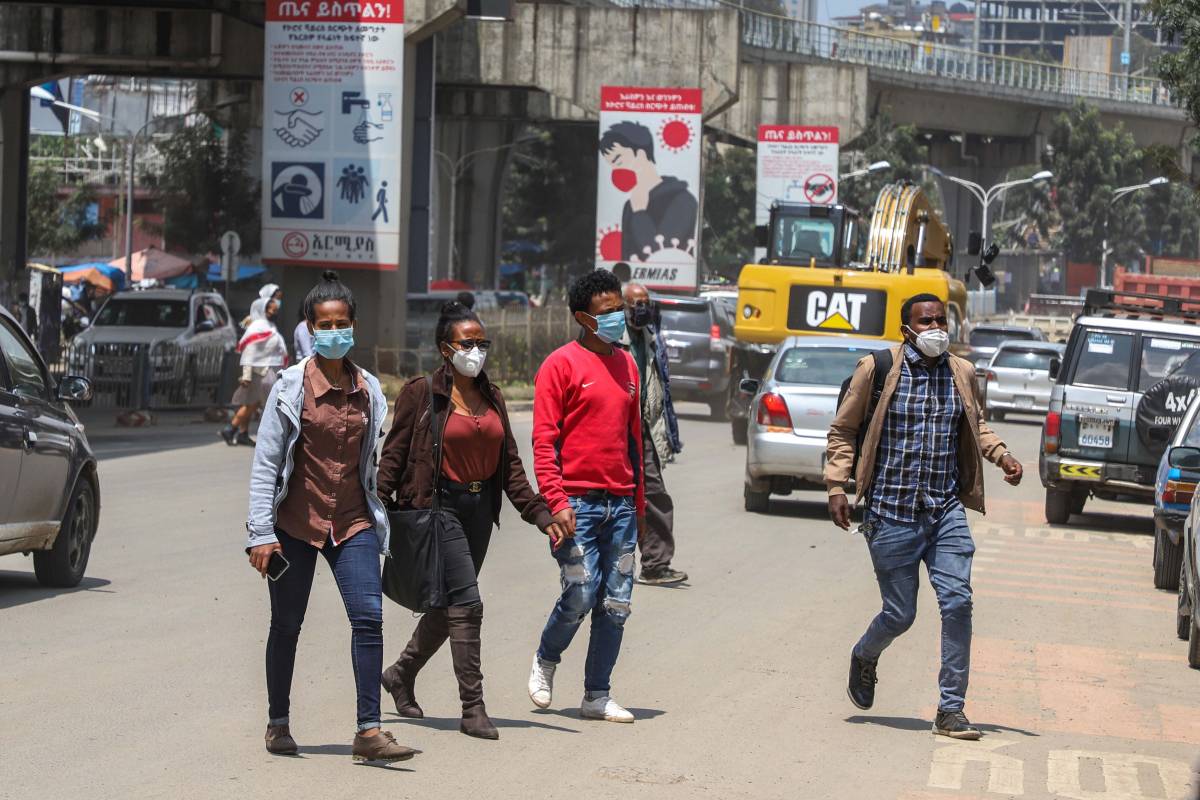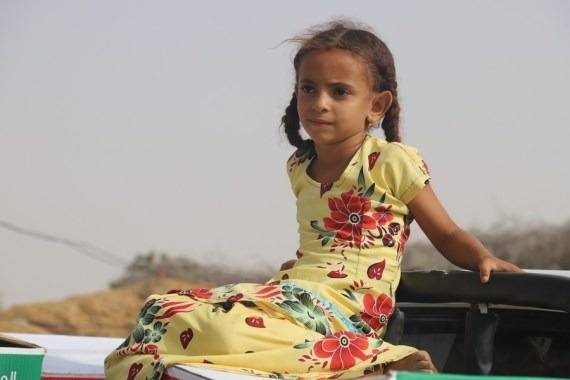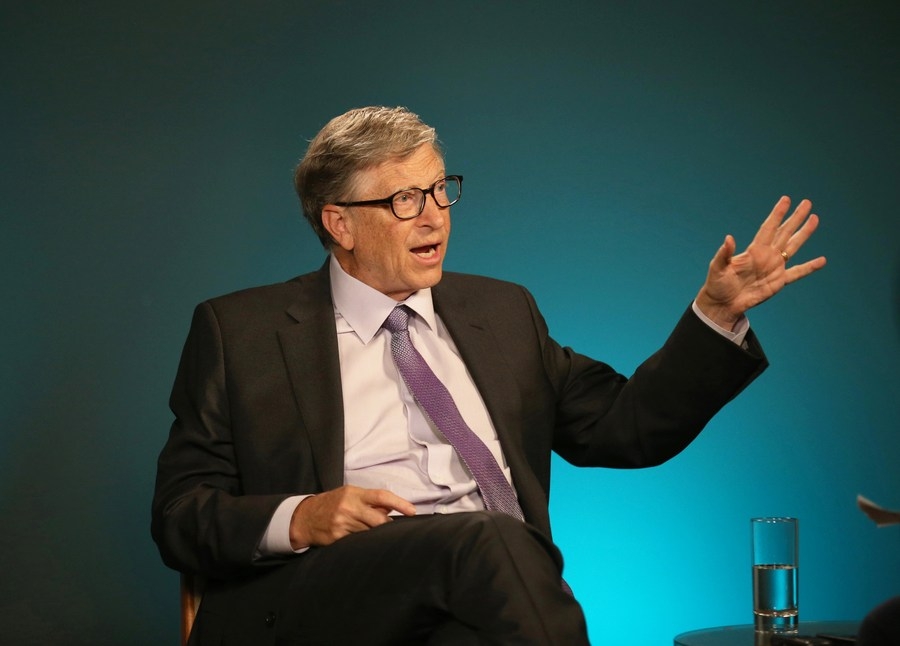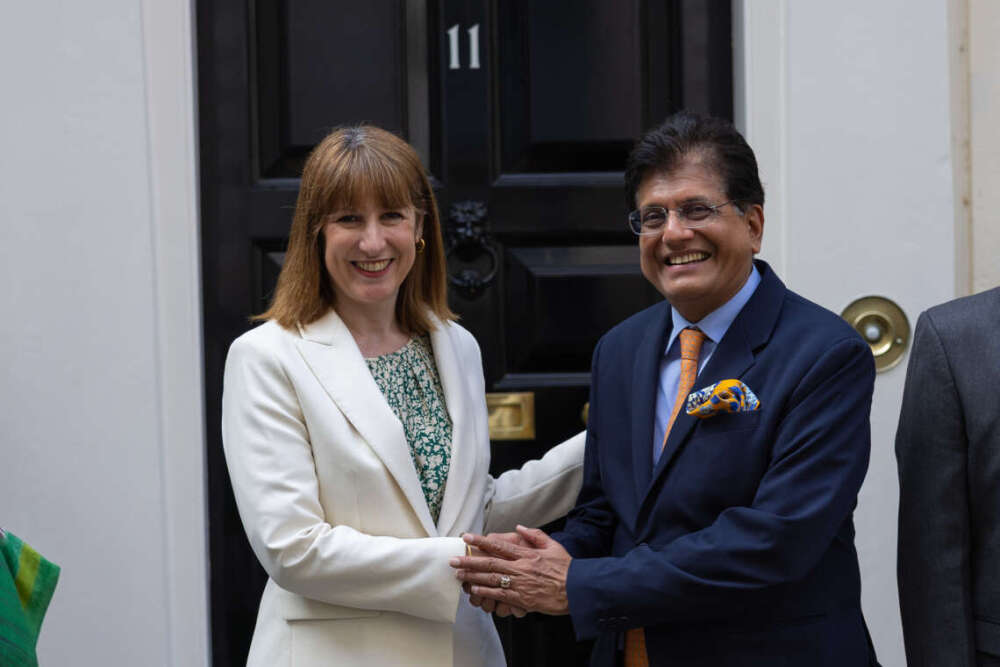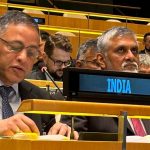Another big challenge for Africa was having significant numbers of their trained people ending up unemployed …reports Asian Lite News
Africa should improve the quality of basic education to ensure a skilled workforce that will create more and better jobs to drive economic transformation on the continent.
Economic Commission for Africa (ECA) acting Director of the Gender, Poverty and Social Policy division (GPSPD), Sweta Saxena, said creating suitable jobs for its youth is one of the biggest challenges facing policymakers in Africa, highlighting that growing young and working-age population requires jobs if Africa is to benefit from a demographic dividend and meet its development aspirations.
Speaking at the Opening Session of the Expert Group Meeting of the Social Policy Section, organized by GPSPD, Ms. Saxena said Africa is challenged in terms of providing jobs for the youth. She cited the lack of adequate skills by the young population in Africa.
Data shows that nearly a quarter of the children enrolled at the primary level do not complete primary education while less than 50% of young boys and girls complete lower secondary education, compared to around 80% in South Asia and Latin American countries. Worse still the tertiary level enrollment rate is less than 10%.
“The quality of education is also very low, and so as a result, young people in Africa enter the formal labour market with few employable skills,” Ms. Saxena said, commenting that it was no wonder that nearly 90% of the youth start their working life in informal employment and almost a quarter of businesses name lack of skilled workers as among the main constraints.
Another big challenge for Africa was having significant numbers of their trained people ending up unemployed and working in areas unrelated to their training or emigrating to other countries, which is a misallocation and waste of resources that these countries can ill afford.
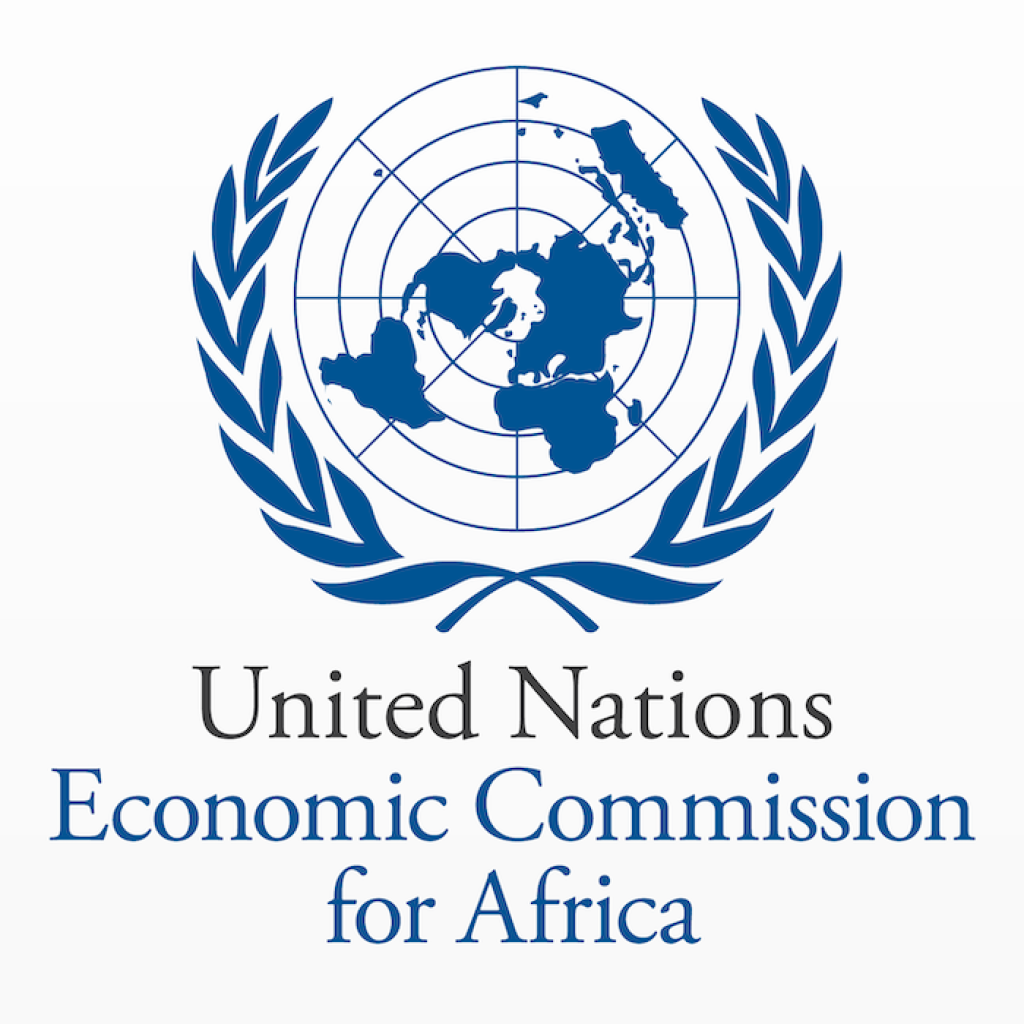
The two-day Expert Group Meeting has drawn technical experts from 16 countries including experts from government, academia, think tanks, and the United Nations system to review the key findings of the draft report, Jobs in Africa or Jobs for Africans. The report aims to inform and stimulate debate, contribute to better policies, facilitate further research, and identify prominent knowledge and data gaps.
The meeting provides an opportunity to discuss questions related to the issues of demography, education and skills migration in an integrated way so as to accelerate national and regional-level actions for increasing employment opportunities for young Africans.
The ECA supports Member States through the convening function, which supports the identification of key collective challenges facing the continent along with appropriate responses. The Commission also functions as a think tank which includes conducting interdisciplinary research and analysis of key challenges facing Member States and Africa as a whole, as well as the promotion of peer learning and development. Furthermore, the ECA provides direct policy advice and support to Member States and this usually comes about from meetings and interactions such as the Experts Group Meeting.
Ms. Saxena said expert group meetings were important for the ECA as they contributed to the Commission fulfilling its core mandate of promoting economic and social development among our member States.
In a globalized world with ease of movement of capital, goods and services, the mobility of skilled workers across international borders was a natural consequence of global integration and orderly migration. It brought many benefits, including remittances, investment, and trade linkages with countries of destination but the situation was different in Africa.
She lamented that the “loss of skills is worrisome for countries in Africa that already suffer from low human capital. As tertiary and professional education are financed from severely limited public education budgets, in effect poor African countries implicitly subsidize rich countries through migration of highly skilled labour.”
Properly managed migration presents an immense opportunity for alleviating the challenge of job shortages for skilled workers in Africa with development benefits for all parties.
“Creating a skilled workforce requires improvements in both access to, and quality of, basic education,” Ms. Saxena said, urging for rethinking education under a New Social contract.


